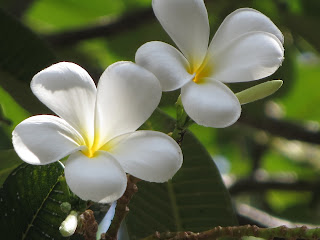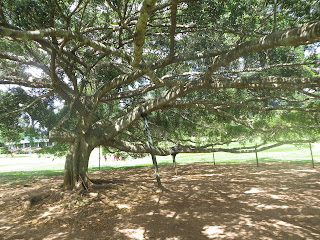Common Myna (Acridotheres tristis)
Identification
- 25cm. A fairly large, stocky Myna.
- Brownish plumage.
- Black hood.
- Bare yellow eye-patch.
- Very short frontal crest.
- Dark brown wing with large white wing patches, obvious in flight.
- White vent and center of belly.
- Yellow legs and bill.
- Sexes similar. Juveniles are duller and browner.
Distribution
Found from Central Asia
(Turkmenistan, Uzbekistan, Kazakhstan and Tajikistan) south to Iran,
Afghanistan, almost the entire Indian Subcontinent and east to Burma,
South China (Yunnan and Hainan), Thailand, Indochina, the Malay
Peninsula and Singapore.
Has been introduced
widely elsewhere, including Florida, South Africa, Australia, New
Zealand, Hong Kong, Brunei, Sumatra, Taiwan, Japan, Saudi Arabia, United
Arab Emirates, Iraq, Jordan, Israel, Russia (around Moscow and in
Trans-Baikal region), Ascension, St Helena, Tenerife, Hawaii, Solomon
Islands, Vanuatu, New Caledonia, Fiji, Samoa (and many other small
Pacific islands), Madagascar, Comoros, Mascarenes, Seychelles, Chagos,
Maldives and Andamans and Nicobars.
Common to abundant in its range.
Taxonomy
Two subspecies recognized:
- A. t. melanosternus in Sri Lanka
- A. t. tristis in the rest of the range
Habitat
Typically in open
woodland, cultivation and around habitation, also in towns and cities.
Avoids forest. Occurs up to 3000m in the Himalayas, up to 1525m in
southeast Asia.
Behaviour
Omnivorous. Feeds on
insects, frogs, fish, geckos, other small lizards, eggs and nestlings,
mice, carrion, worms, snails, spiders, seeds, fruit and nectar. The
generic name Acridotheres means "grasshopper hunter".
Forages singly or in pairs, mostly on the ground.
Forms communal roosts in
trees, sometimes with thousands of birds. May roost with other species
like Javan Myna, Asian Glossy Starling, Purple-backed Starling, Common
Starling, Rosy Starling or Crows, Parakeets and Sparrows.
Breeding season differs
through range, breeds all year in India. Monogamous, belived to form
pairs for life. Nests solitary. The nest is placed in tree holes,
particularly palms but also in other nooks and crannies (including
buildings). The normal clutch is 4 - 6 eggs.
A resident species.





Comments
Post a Comment